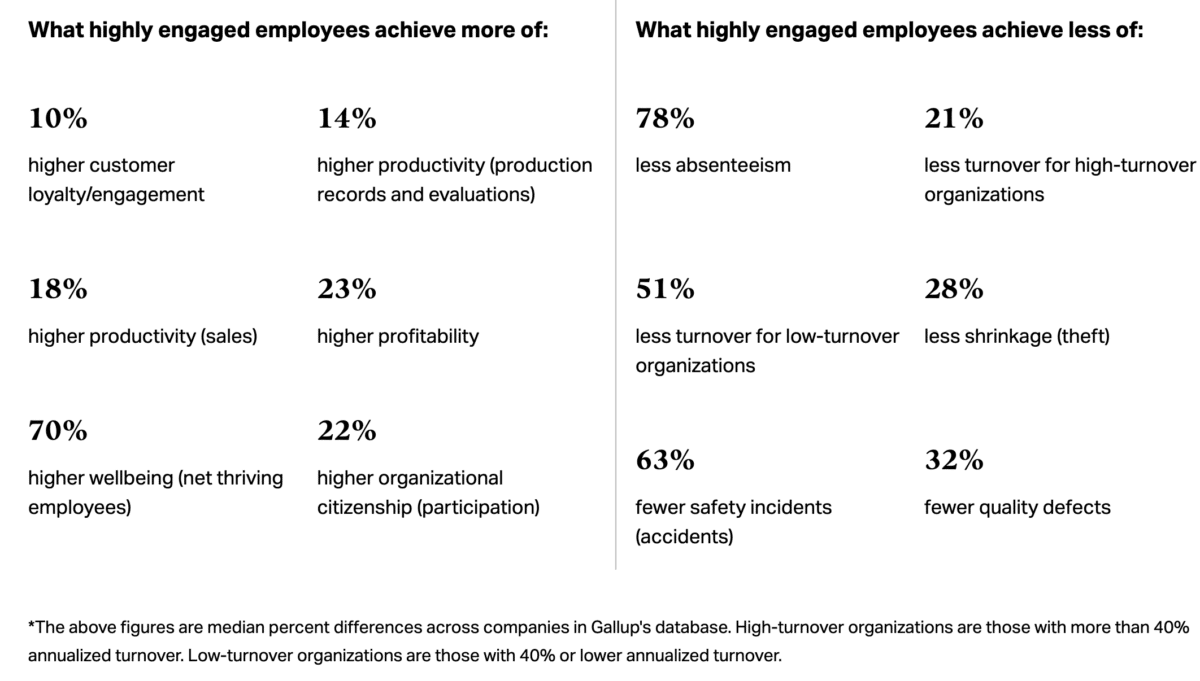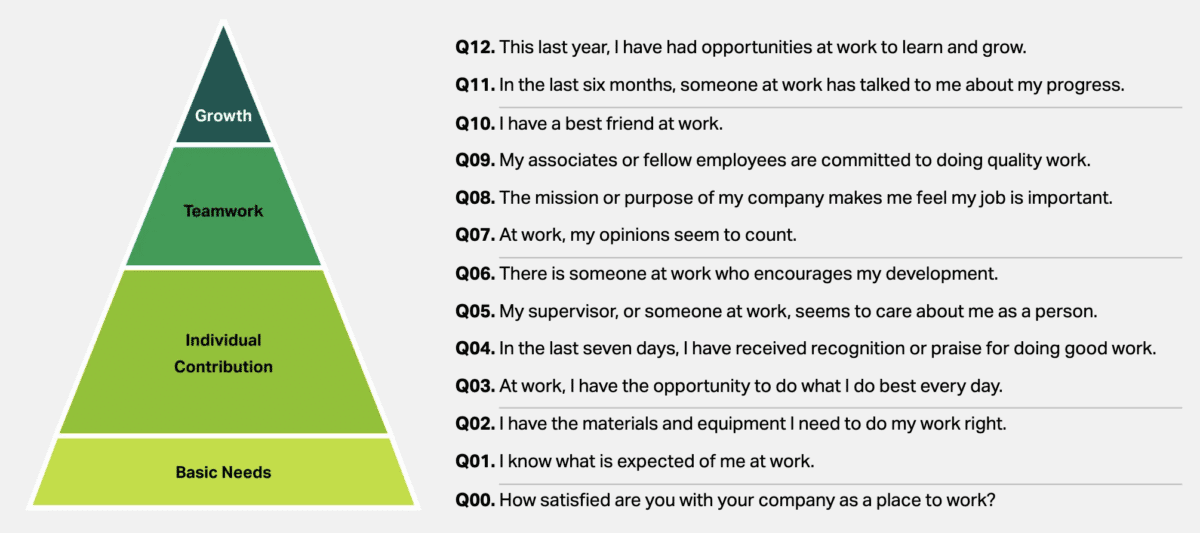
It was late at Wizard Academy. The air carried cedar smoke, a trace of BBQ, and the sweet bite of cigars. A few of us stood by the fire stairs, drinks in hand, letting the day wind down after the kind of meeting that stirs up big ideas and tired hearts.
Luis and I drifted into talk about my research, how leadership and culture quietly decide whether great marketing holds or unravels. I said how cracks start forming long before anyone sees them, how growth can hide the slow erosion underneath.
“Every partner should have you on their team to help clients keep culture in the forefront.”
That line stuck. Not because it flattered me, but because it named what we rarely say. When culture fades, our work gets heavier. Ads still run. Clients still grow. But the lift gets harder, and no one knows why.
If the Message Isn’t Broken, What Is?
What if the thing making your marketing strain isn’t your message at all.
What if it’s your culture?
Growth Hides Erosion
Success hides things.
When a business is growing, the story sells itself. The ads are landing. The phones are ringing. The KPIs keep climbing. Everything looks right.
But have you noticed the tension in your own shoulders. The sigh before a meeting starts. The way good results don’t feel as good as they used to.
Culture Doesn’t Break. It Drifts.
Slowly. Quietly.
It erodes under the weight of unspoken expectations, avoided conversations, and leadership patterns that once worked but no longer fit the people they lead.
It hides inside assumptions. Believing people still feel valued, still feel heard, still feel safe enough to tell you when they don’t.
You Feel It In The Room.
When people start choosing silence over honesty. When laughter leaves meetings early. When projects that once flowed now drag their feet.
That’s the trap of everything’s working. Growth blinds us. The very success we celebrate makes it harder to see what’s shifting beneath it.
And by the time the cracks reach the surface, your ads are already carrying the weight of what leadership forgot to tend.
The Night Someone Held Up A Mirror
Luis didn’t say it to make a point.
He said it the way truth usually arrives. Offhand. Almost casual. Sharp enough to stay lodged under your ribs.
We’d been talking about how culture slips when leaders get busy chasing growth. How the first things to go quiet are the very signals that tell you something’s off. Tone. Trust. Laughter.
The Signals We Ignore First.
Eye contact that breaks too soon. Meetings that end with polite agreement instead of energy. Creativity that starts asking for permission. Ideas that die in silence because no one wants to be the first to speak.
That’s when I said I can usually spot the cracks long before they show.
“Every partner should have you on their team to help clients keep culture in the forefront.”
Then he went back to his drink. The fire popped. No one rushed to fill the silence.
That’s what a mirror moment feels like. It’s not flattery. It’s recognition. Someone naming what you carry before you’ve named it yourself.
I’ve replayed that line because it points to something bigger than me.
It points to all of us who build stories, strategies, and campaigns on top of culture we don’t always see.
And the truth is, when culture weakens, every metric eventually follows.
Who’s Tending The Culture While We’re Busy Growing The Business?
The Hard Numbers Behind The Soft Truth
It’s easy to treat culture like a feel-good extra. Something you fix after your ads work. But culture is the scaffolding beneath every message. What happens inside the walls changes what lands outside them.
Gallup’s Q-12 meta-analysis studied more than 3.3 million employees across 100,000 teams. Teams in the top engagement quartile didn’t just feel better, they performed better.

23% higher profitability.
18% higher sales productivity.
10% stronger customer loyalty.
51% less turnover in low-turnover organizations.
Those aren’t perks. They’re the difference between campaigns that sing and campaigns that strain.
And here’s another layer. Global employee engagement is low.
In 2024, only 21% of workers worldwide are considered engaged.
In the U.S., it’s around 31%.
That’s a lot of people showing up without leaning in.
And managers are feeling it too. Manager engagement has declined in many parts of the world.
Seventy Percent Lives With The Manager.
Gallup’s It’s the Manager by Clifton and Harter drills deeper. 70% of a team’s engagement variance is tied directly to the manager.
You can design the best campaign or message in the world, but if your manager signal is fuzzy, culture becomes the distorting lens.
If The Inside Signal Is Distorted, The Market Hears It.
Google’s Project Aristotle came to the same conclusion from a completely different angle.
Their researchers found that the strongest predictor of team success wasn’t talent, background, or seniority. It was psychological safety, the belief that people can speak up, take risks, and admit mistakes without fear.
When Good Months Don’t Feel Good
It’s one thing to nod along with the data.
It’s another to feel the weight of what it means.
When culture drives performance, every missed conversation, every unspoken expectation, every tension you don’t have time for becomes a tax your people quietly pay.
And the longer it’s left alone, the heavier that tax grows.
Maybe you’ve felt it. The quiet after a few good months, when results land but momentum doesn’t.
Maybe you’ve seen it. The spark that used to fill a room now flickering behind polite agreement.
Maybe you’ve even heard it. The sigh before you speak. The short fuse that shows up where pride used to live.
What Culture Needs From You.
It needs a leader willing to name what’s true before it shows up in the numbers.
Because long before the books tighten, trust already has.
Long before innovation slows, safety does.
Long before your marketing loses power, belief falters.
If that sounds familiar, it isn’t failure.
It’s signal.
If It Sounds Familiar, It’s Not Failure. It’s Signal.
It’s your culture asking for someone to listen. To look closer. To bring it back to the forefront.
Leadership Isn’t Control. It’s Attention.
“Every partner should have you on their team to help clients keep culture in the forefront.”
At first, I heard it as encouragement.
Now I hear it as a charge.
Because culture isn’t a project you check off. It’s a pulse you tend.
Every business has one. Every leader sets the rhythm.
And when the rhythm falters, so does everything built on top of it.
What It Costs When You Wait.
The truth is, you don’t need me on every team.
You need someone who notices when laughter fades, when safety shrinks, when trust starts trading places with fear, and names it before it shows up in the numbers.
That’s the kind of attention I help leaders build, until it becomes instinct, part of how they lead without thinking.
That’s what leadership really is.
Not control. Not perfection.
Attention.
Because ads will keep running, phones will keep ringing, and the work will look fine, until it doesn’t.
And by then, you’re not just rebuilding belief in the market, you’re rebuilding it inside the walls. Re-earning trust. Replacing talent. Trying to hire back what culture once made easy to keep.
Rebuilding always costs more than protecting.
Start Where The Market Can’t See.
Tend to the unseen.
Listen for the signals beneath the noise.
Hold culture in the forefront before the market reminds you why you should have.
Belief always begins inside the walls of the company that pays for the ad.
Keep it strong, and everything else will follow.
If this stirred something in you, good.
Leadership isn’t about having all the answers.
It’s about paying attention long enough for the truth to surface.
If you’re ready to lead that way, I’d be honored to walk alongside you.
Schedule a Leadership & Culture Assessment Session
- When explanations still sound right and no longer work - December 28, 2025
- Drift: When Leadership Loses Alignment Without Failing. - December 19, 2025
- AI Isn’t Ruining Your Marketing, It’s Revealing Your Leadership - December 5, 2025
